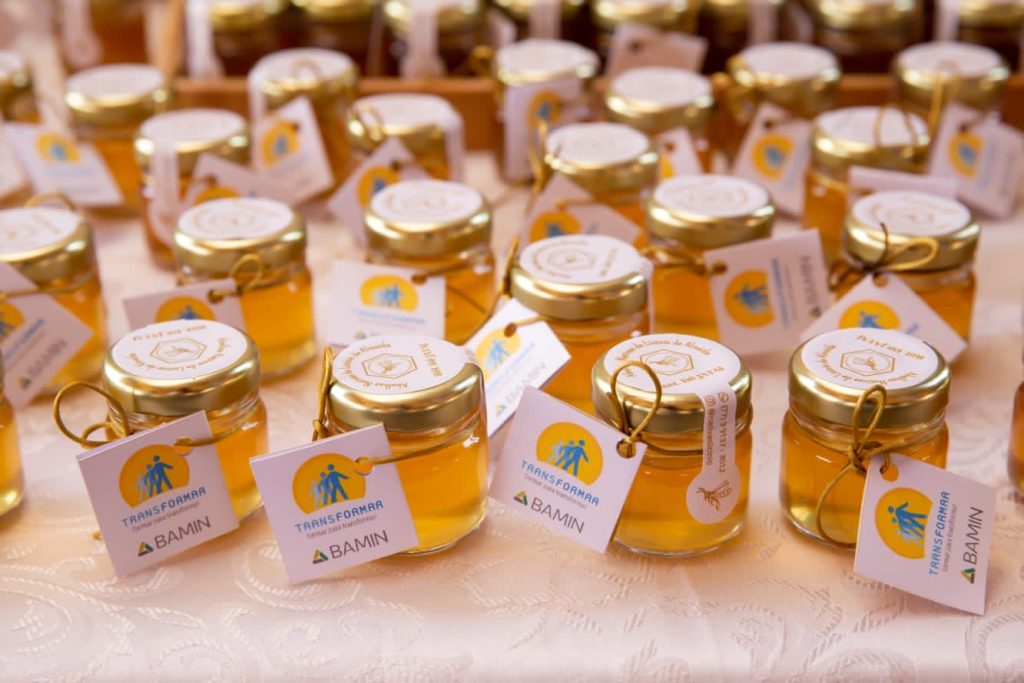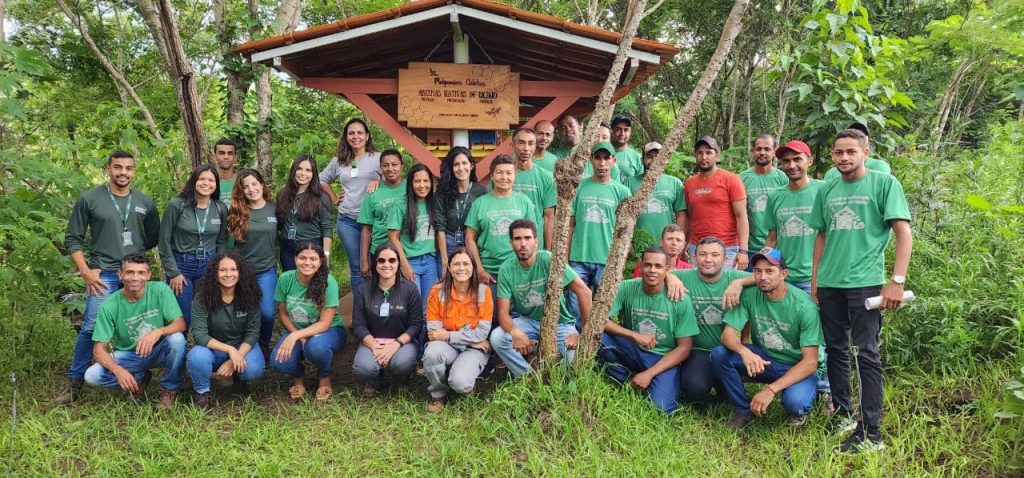Meliponiculture, an age-old practice initially carried out by indigenous communities, involves the cultivation of stingless bees. Its primary goals include honey production, propolis harvesting, hive and swarm cultivation, plant pollination, species preservation, and biodiversity conservation. In Bahia, the Pedra de Ferro Mine region stands out as a hub for this sustainable activity.

This collective is responsible for producing approximately 300 kilograms of Jataí honey monthly—a pure, organic honey renowned for its gastronomic and medicinal properties. Licinio’s beekeepers also craft propolis extract, hives, swarms, lotion, and lures for swarm capture using repurposed PET bottles.
Though the Meliponiculture Project’s output is not yet available in major establishments within the Licínio de Almeida region, the beekeepers directly sell their products in local markets and bakeries. Anticipated increases in production during the upcoming harvest season may enable the distribution of products through COOPMEL in the months ahead.
BAMIN remains committed to supporting this crucial project, contributing to economic, social, and environmental development in the vicinity of the Pedra de Ferro Mine.



